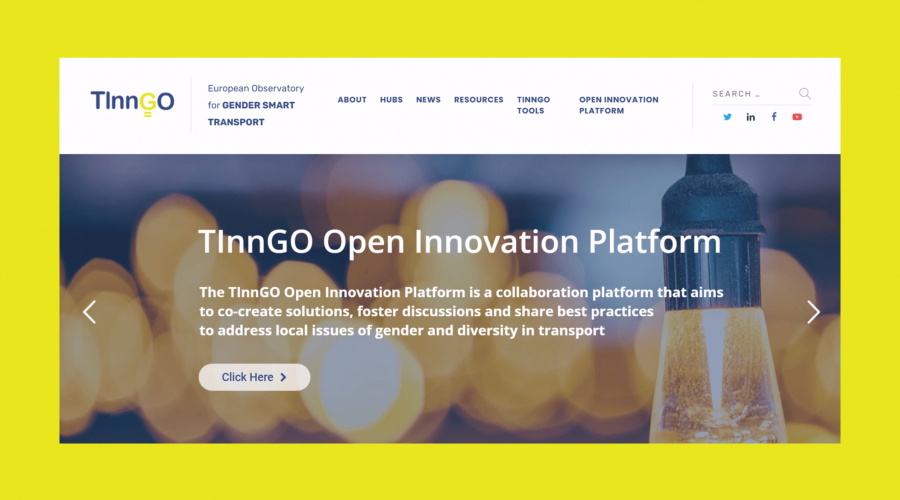In a paper from K2, Sweden’s national centre for research and education in public transport, researchers examined social justice in the regional public transport plans (RPTPs) of regions Stockholm, Västra Götaland, and Scania.
The regional public transport plan is the main strategic document for transport planning on the regional level. Sweden has 21 regions, and each region is mandated by law to produce these plans. The plans have been analyzed with critical discourse analysis and from the standpoint of Iris Marion Young’s theoretical framework on social justice.
The aim of the transport system is to offer sustainable and accessible transport to everyone. However, the researchers found that the regional public transport plans are characterized by a focus on ‘growth imperative’, seeking to improve regional growth by planning transport that eases access for e.g., businesses to travel internationally or to an extended labor market. The public transport system is viewed as a growth engine. The RPTPs are usually referring to citizens as customers which is indicative of a preference to use market-oriented solutions, business models and contracts are an important part of the decision-making process which has made it difficult for citizens to participate and exercise political influence. While the RPTPs emphasize the capacity to meet everyone’s needs, the researchers found that there is a dominance of the ‘ideology of expertism’ and the plans do not consistently identify actual users’ needs. Citizen participation in the planning process is entitled by the law, but the RPTPs do not state how this should be carried out.
Using Iris Marion Young’s theoretical framework for studies in transport justice can shed light on how social injustices are upheld and reveal weaknesses in transport planning.
Read the full paper here: Full article: Justice in Regional Transport Planning through the Lens of Iris Marion Young (tandfonline.com)





